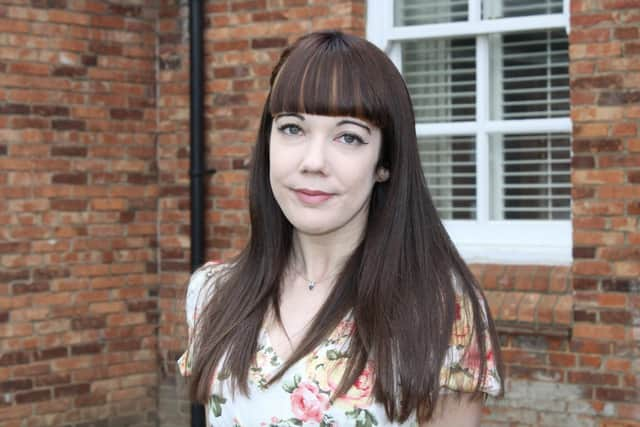Book review: The Tongue She Speaks, by Emma Grae
In our west of Scotland council scheme, back in the 1960s, the word we used for it was “scruffy”. The word was loaded with unspoken class assumptions, and carried connotations of being a bit grubby and uncouth, definitely untidy, and not bothering to do well at school; and part of that not bothering was not speaking “properly” – that is, speaking standard English like the people on the BBC, albeit with a Scottish accent.
I can still remember the the sheer shock of discovery when, as an undergraduate at St Andrews, I began a course in Scottish literature, and discovered that the Scottish speech I had heard on the streets all my life was not just an incorrect form of English, but a battered remnant of what had once been the full and beautiful language of the Scottish court and state; fit not only for “flyting and fighting” – insult and aggression – but also for politics, philosophy, lyricism and romance. And I was lucky enough, in the 1980s, to live through a period when a brilliant generation of writers were trying in their various ways to rebuild the language, and to restore its wholeness and dignity.
Advertisement
Hide AdAny victories won at that time were precarious, though; and Emma Grae’s new novel The Tongue She Speaks emerges into a 21st century landscape where the status of Scots as a language remains bitterly contested, and increasingly associated, in many minds, with the sharply polarised debate over independence. Grae’s teenage heroine Cathy is therefore, inevitably, an intensely political figure; a 15-year-old growing up in tough circumstances near Glasgow, in the early 2000s, who nonetheless has a profound drive to become a writer, and to write in the language she speaks, rather than standard English. For Cathy, the need to write in Scots – still sneered at by some of her teachers – is associated with other teenage struggles for freedom, including punk and emo clothes and hair stylings, her secret internet life in a global David Bowie chat room, and her growing interest in boys, including troubled class poet Mark, and punk musician Robbie.


Her journey towards some kind of recognition as a writer is therefore punctuated not only with cultural revelations about others who have written in Scots – including her own great-grandad – but also with profound and touching insights into the sheer struggle of teenage life in the 21st century, surrounded by every kind of peer group and adult pressure, from playground body-shaming, and the fierce competition to get into the top set for English, to the pressures imposed by the strict Catholic beliefs of Cathy’s wonderful widowed mother.
Cathy observes that writing in Scots is often more problematic than speaking Scots; and responses to Grae’s novel, which has a strong polemical quality, will therefore tend to vary with the reader’s attitude to Scots itself. For myself, I found some aspects of Grae’s spelling and vocabulary slightly jarring on the page, yet often easily resolved by reading the text aloud; and those minor stumbling-places seemed like a small price to pay for the vigour and passion of Grae’s storytelling.
There is a slightly repetitive aspect to the novel, as Cathy returns repeatedly to the same question about whether she should follow her impulse to write in Scots, or seek approval from the education system by adopting standard English. In the end, though, Cathy knows that she must master both languages, in order to be taken seriously in either; and those who care about the continuing struggle for human freedom – from poverty, from fear, and from all kinds of class and cultural prejudice – will be thrilled and moved by Grae’s portrait of Cathy’s journey through a vital year in her young life, and by the energy with which she turns to the power of creativity, in writing, in music and in life, as the force that will lead her through to better times.
The Tongue She Speaks, by Emma Grae, Luath Press, £9.99